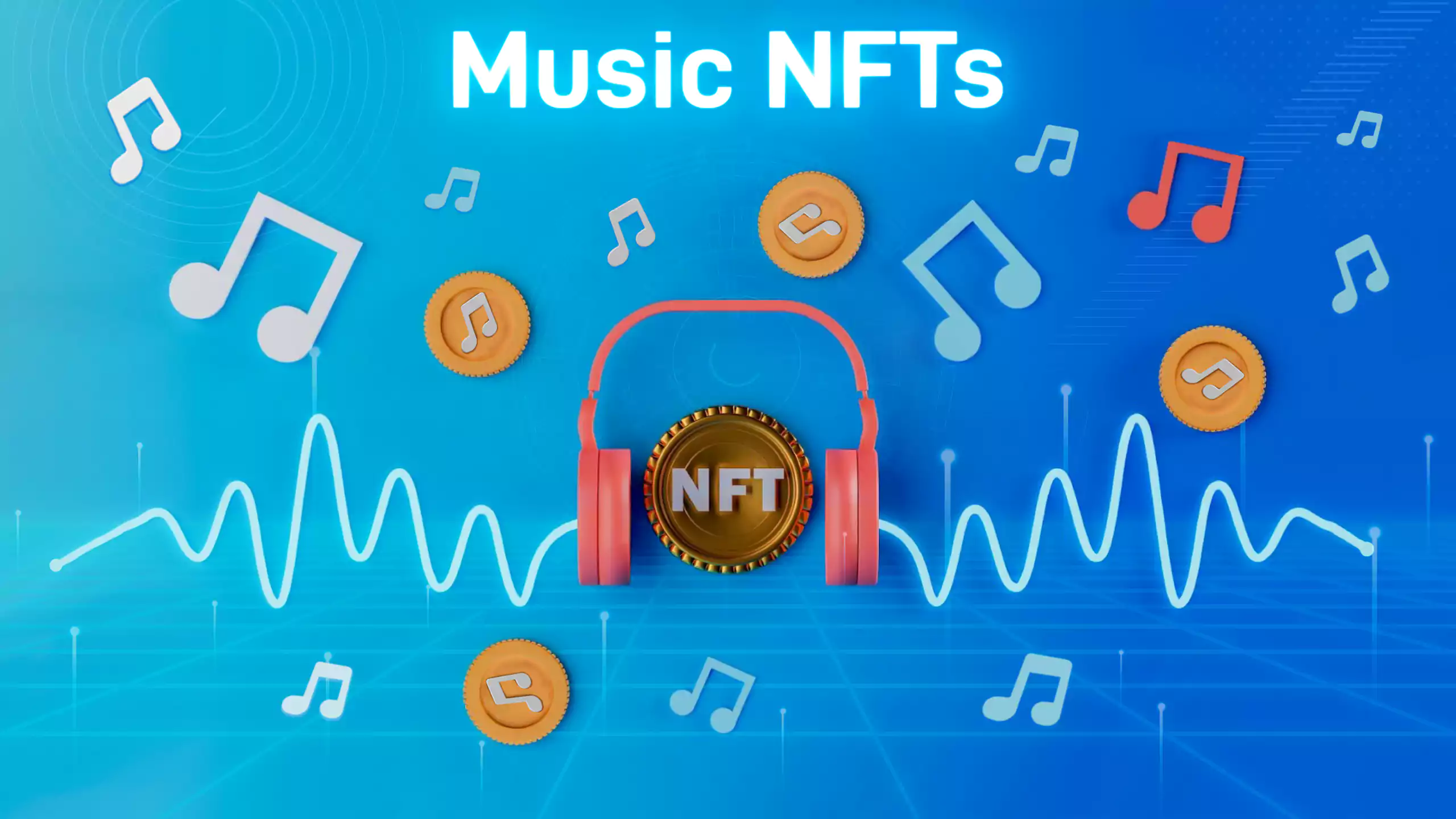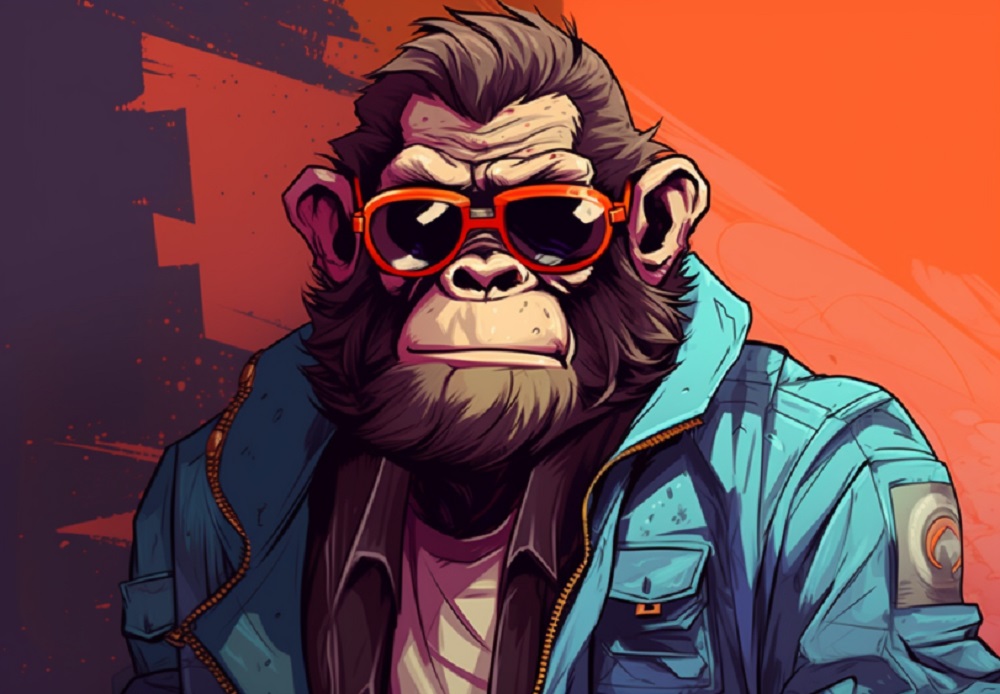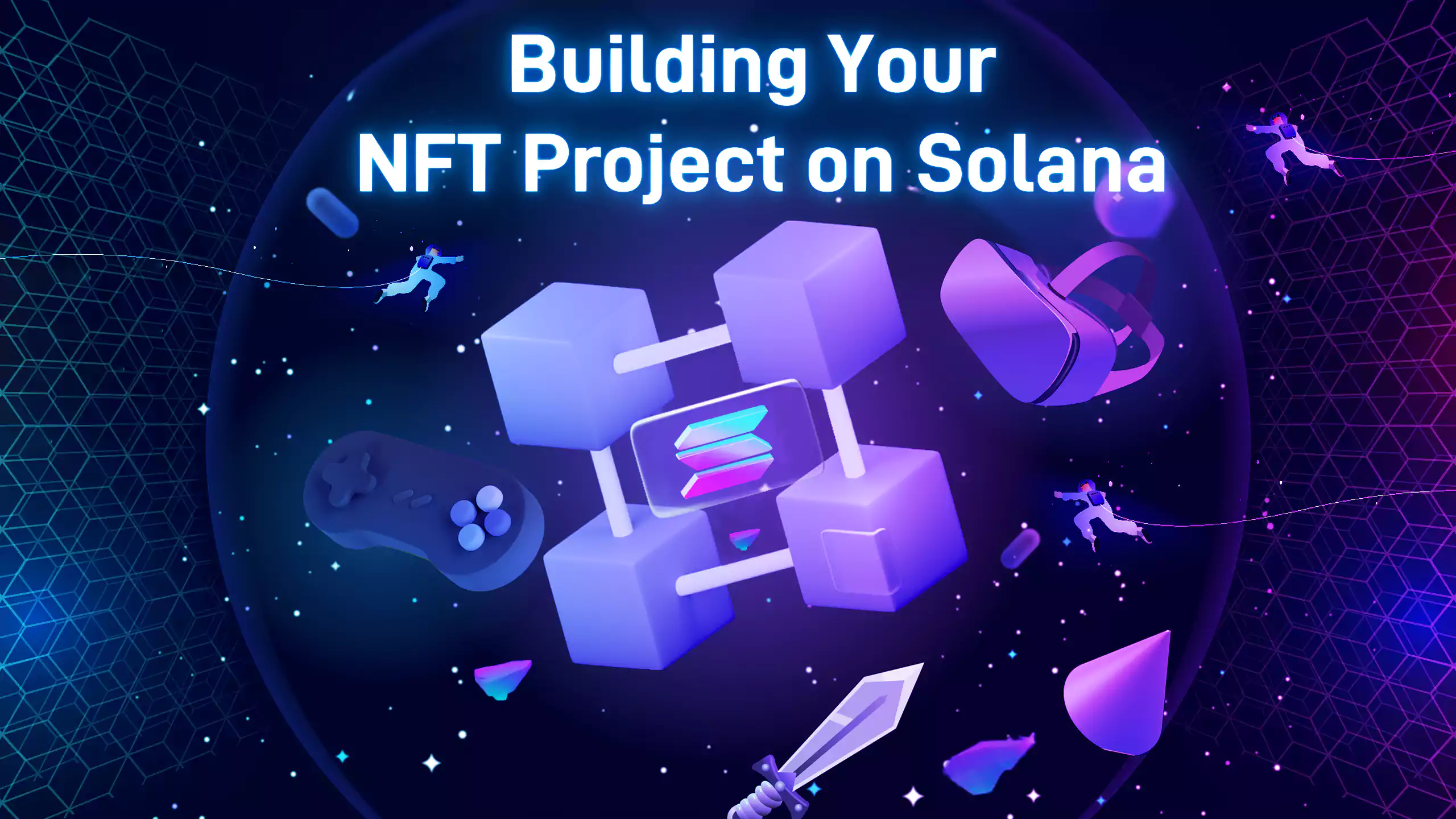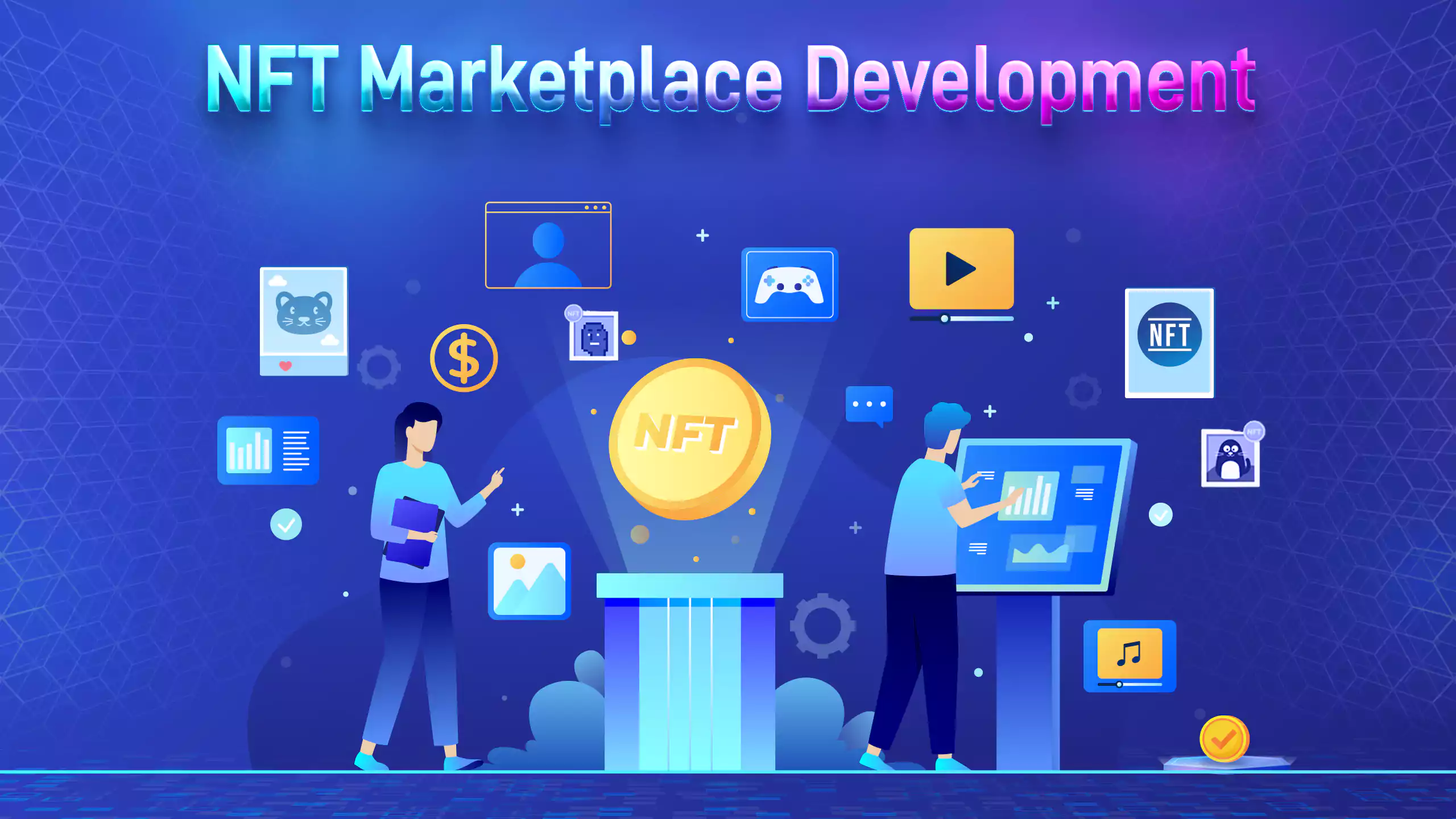NFT has grown in popularity but many people still associate it with graphics images and pictures that are sold for a high amount of money. Even though NFTs have gone beyond that and are changing many industries in the world.
One of the industries that have seen a growth in the integration of NFTs into it is the music industry. Music NFTs are now common, even though many people will still look puzzled when they hear about music NFTs. If you fall into this category, read on, this article is for you.
What Are Music NFTs?
These days, music NFTs can mean many aspects that the NFT is disrupting and revolutionizing the music industry; the understanding of NFT is the ownership of a piece of a musical file on the blockchain.
With music NFTs, there is a right on the part of the owner of the NFT to resell it. This is like buying a record or streaming a song, which means he has the right to the song, but the right only stops at listening. However, this understanding has several limitations following the evolution of music NFTs.
One of the limitations is that the ownership above does not convey to the holder of the NFT, the right to the music royalty or intellectual property. Also, music NFTs are now offering several possibilities to the musicians and the holders of the NFT which may not necessarily be the song.
The divergent ways that one could see and define music NFTs are due to the different ways in which it works. The question now becomes, how do music NFTs work?
How Do Music NFTs Work?
Music NFTs work in much the same way as other NFTs. The NFTs are conveying to the holder the digital rights to a piece of music on blockchain. The holder of the NFT decides what to do with the right. Initially, the rights were not to the offline value of the music, which means that the holder of the NFT has only NFT price movement in the market.
However, this is often not the case. The NFT holder is making a bet on the song's successor the issuing artiste and can get some form of royalty from their earnings. Some platforms like Royal and Opilous are allowing the audience to invest in the music or the career of a musician and earn royalty from it.
The non-digital and real-life access becomes an essential utility in the music NFT space. Also, music NFTs are leveraged to offer holders access to special events or special access at normal events. This is typical in the NFTs that allow people to join an NFT music club, such as the stereoheadz.
The Utility and Future of Music NFTs
Music NFTs have many uses, making them essential both as collectibles and utility items. One of the most important uses of the music NFTs is the fact that it allows fans and audiences to win a piece of music as a collectible on the blockchain. The fans could sell this collectible as the musician's career gets more prominent, or the music becomes popular.
This works as an investment into particular music or the musician's career as a whole. For example, Haleek Maul made over $250,000 from the NFT sale of some of his songs last year in a partnership with Catalog.
Another way of investing in the career of the musicians is the buying of rights to not just the physical form but also the future of the music and the artiste. This means that the holder of such an NFT gets future royalty from the song. This is a great way for fans to support their favorite artists and also allows the musicians to raise money for projects.
Another way of doing this is by joining music DAO (Decentralized Autonomous Organization) like ModaDao, which seeks to invest in and promote NFT integration into music. This can help new musicians who can have fans and DAOs investing in their music and career, thereby giving them a committed fanbase and funds too.
Music NFTs can be a way for artists to bypass the bureaucracy of record labels and the powers of streaming services. This is because artists could offer their NFTs directly to the audience without the. Remember the Haleek Maul that made $250,000 last year from music NFTs. He made merely $178 from Spotify. Music NFTs are giving power to the musicians by democratizing the process of production and distribution. The importance of this is enormous for small or independent musicians.
Music NFTs can also help a musician to build a committed fanbase who are either invested in their music or buying their NFTs either as an investment or as memorabilia. One musician who has used NFTs well enough in many ways is Snoop Dogg who is a big player in the NFT and Metaverse industry. He released his Bored Ape music-themed NFT which led to prices soaring for the Apes. This can be a way to connect with his fans and can also help new acts who are trying to build a fanbase by connecting them directly to the fans.
One point that we have noted and that is the future of music NFTs is that it is helping musicians bypass the traditional recording industry's intermediaries. The singular action can be revolutionary as it will repurpose the music industry as we know it.
However, we don't expect the change to happen so soon as technology continues to evolve.
Conclusion
Music NFTs are reshaping the music industry by offering utilities to both the musicians and the fans. It is an expanding part of the music industry as the technology enables more and more growth in the industry. While it may not have changed the music industry as we know it, it is already in the process. And it holds a greater promise for artists and their fans.






